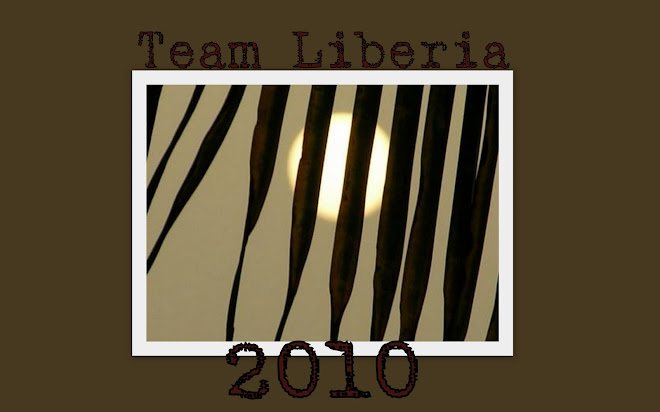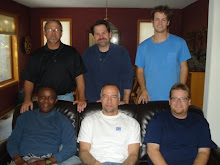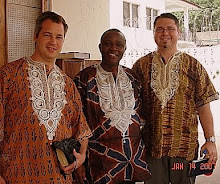"A Bulgarian I met lately in Moscow," Ivan went on, seeming not to hear his brother's words, "told me about the crimes committed by Turks and Circassians in all parts of Bulgaria through fear of a general rising of the Slavs. They burn villages, murder, outrage women and children, they nail their prisoners by the ears to the fences, leave them so till morning, and in the morning they hang them-all sorts of things you can't imagine. People talk sometimes of bestial cruelty, but that's a great injustice and insult to the beasts; a beast can never be so cruel as a man, so artistically cruel. The tiger only tears and gnaws, that's all he can do. He would never think of nailing people by the ears, even if he were able to do it. These Turks took a pleasure in torturing children, too; cutting the unborn child from the mother's womb, and tossing babies up in the air and catching them on the points of their bayonets before their mother's eyes. Doing it before the mother's eyes was what gave zest to the amusement. Here is another scene that I thought very interesting. Imagine a trembling mother with her baby in her arms, a circle of invading Turks around her. They've planned a diversion; they pet the baby, laugh to make it laugh. They succeed, the baby laughs. At that moment a Turk points a pistol four inches from the baby's face. The baby laughs with glee, holds out his little hands to the pistol, and he pulls the trigger in the baby's face and blows out its brains. Artistic, wasn't it? By the way, Turks are particularly fond of sweet things, they say."
Alvin Plantinga. God, Freedom, and Evil (Kindle Locations 79-82). Kindle Edition.
Friday, November 22, 2013
Tuesday, November 5, 2013
Why I am not a Continental Philosopher
Why I am Not A Continental Philosopher (CP)
By Dr. Doug Groothuis
First, unlike CP's, I'll define terms. An analytic philosopher (AP) emphasize the following philosophical principles:
1. Define terms carefully.
2. Obscurity is not profundity
3. Logical operations are primary for philosophy, such as the distinction between necessary and sufficient conditions, types and tokens, necessary and contingent, and, of course, the basic arguments forms--deductive, inductive, and abductive. One should not have to guess about these points; they should be clearly stated.
Second, the orgins of analytical philosophy probably trace to Bertrand Russell and G.E. Moore. It is a neutral method and is not committed, a priori, to any one worldview. Russell was an atheist; Alvin Plantinga is a Christian. Both are analytic philosophers.
Third, many claims to the contrary, the method of AP does not rule out large-scale philosophical questions about God, meaning, philosophy of culture (I do that!) or even aesthetics. CPs often make this erroneous claim.
Fourth, while some APs de-emphasize the important of the history of philosophy, there is nothing in the approach of AP that necessitates this; that is, it is not part of the definition of AP. The history of a philosophical concept, such as substance, is very significant in making any sense of it rationally.
Fifth, philosophers who are pre-analytic, such as Pascal, are subject to analytical criticism and reconstruction. I did so in my book, On Pascal. It has even been done with Nietzsche and Kierkegaard (see the work of C. Stephen Evans)!
CPs typically do not define terms or types of arguments carefully and revel in obscurity and false dichotomies, such as "those analytic apologists like J.P. Moreland, Bill Craig, and Doug Groothuis emphasize logic, but not love and community" (Myron Penner). Bullshit.
First, unlike CP's, I'll define terms. An analytic philosopher (AP) emphasize the following philosophical principles:
1. Define terms carefully.
2. Obscurity is not profundity
3. Logical operations are primary for philosophy, such as the distinction between necessary and sufficient conditions, types and tokens, necessary and contingent, and, of course, the basic arguments forms--deductive, inductive, and abductive. One should not have to guess about these points; they should be clearly stated.
Second, the orgins of analytical philosophy probably trace to Bertrand Russell and G.E. Moore. It is a neutral method and is not committed, a priori, to any one worldview. Russell was an atheist; Alvin Plantinga is a Christian. Both are analytic philosophers.
Third, many claims to the contrary, the method of AP does not rule out large-scale philosophical questions about God, meaning, philosophy of culture (I do that!) or even aesthetics. CPs often make this erroneous claim.
Fourth, while some APs de-emphasize the important of the history of philosophy, there is nothing in the approach of AP that necessitates this; that is, it is not part of the definition of AP. The history of a philosophical concept, such as substance, is very significant in making any sense of it rationally.
Fifth, philosophers who are pre-analytic, such as Pascal, are subject to analytical criticism and reconstruction. I did so in my book, On Pascal. It has even been done with Nietzsche and Kierkegaard (see the work of C. Stephen Evans)!
CPs typically do not define terms or types of arguments carefully and revel in obscurity and false dichotomies, such as "those analytic apologists like J.P. Moreland, Bill Craig, and Doug Groothuis emphasize logic, but not love and community" (Myron Penner). Bullshit.
Subscribe to:
Posts (Atom)




